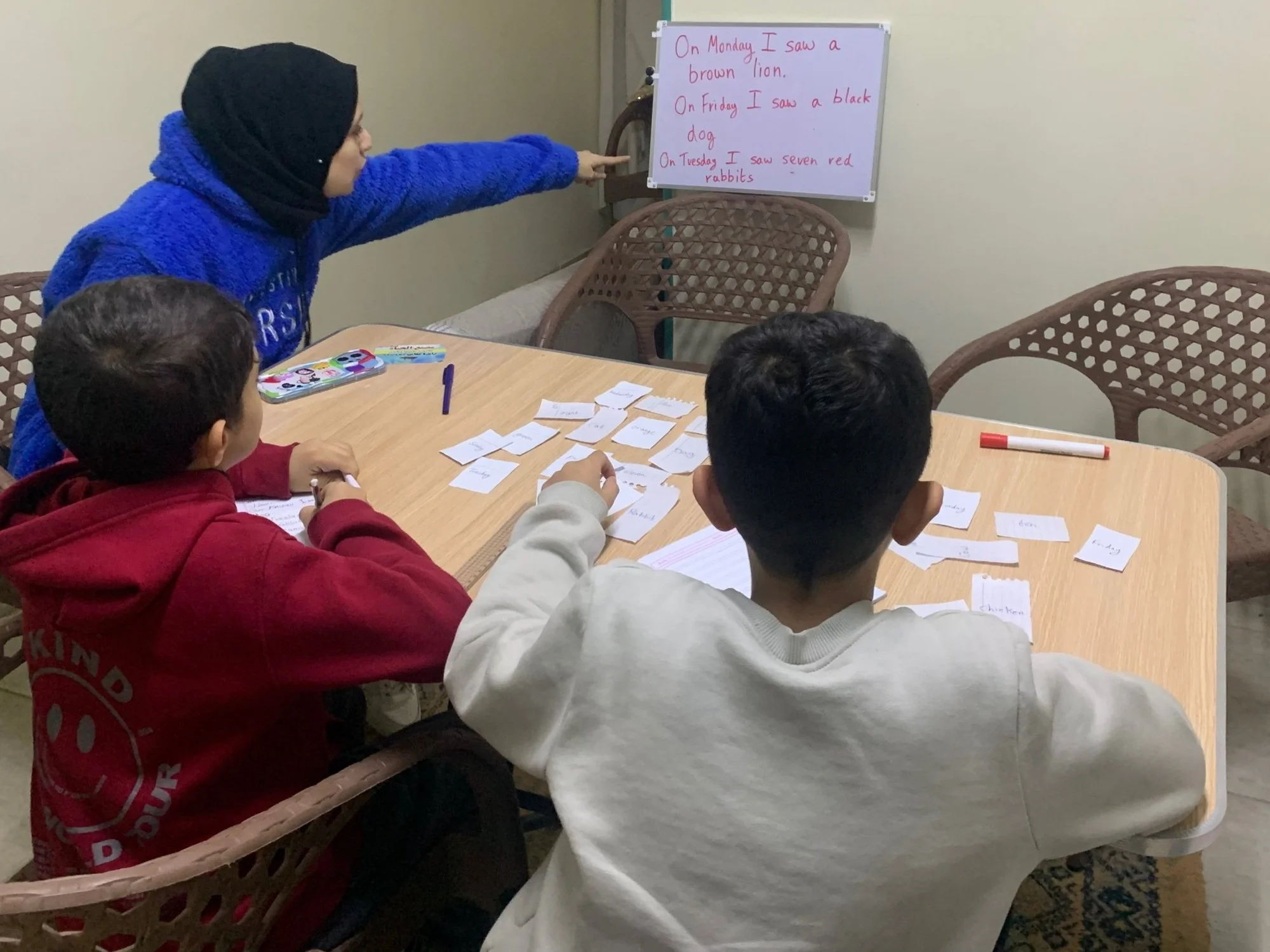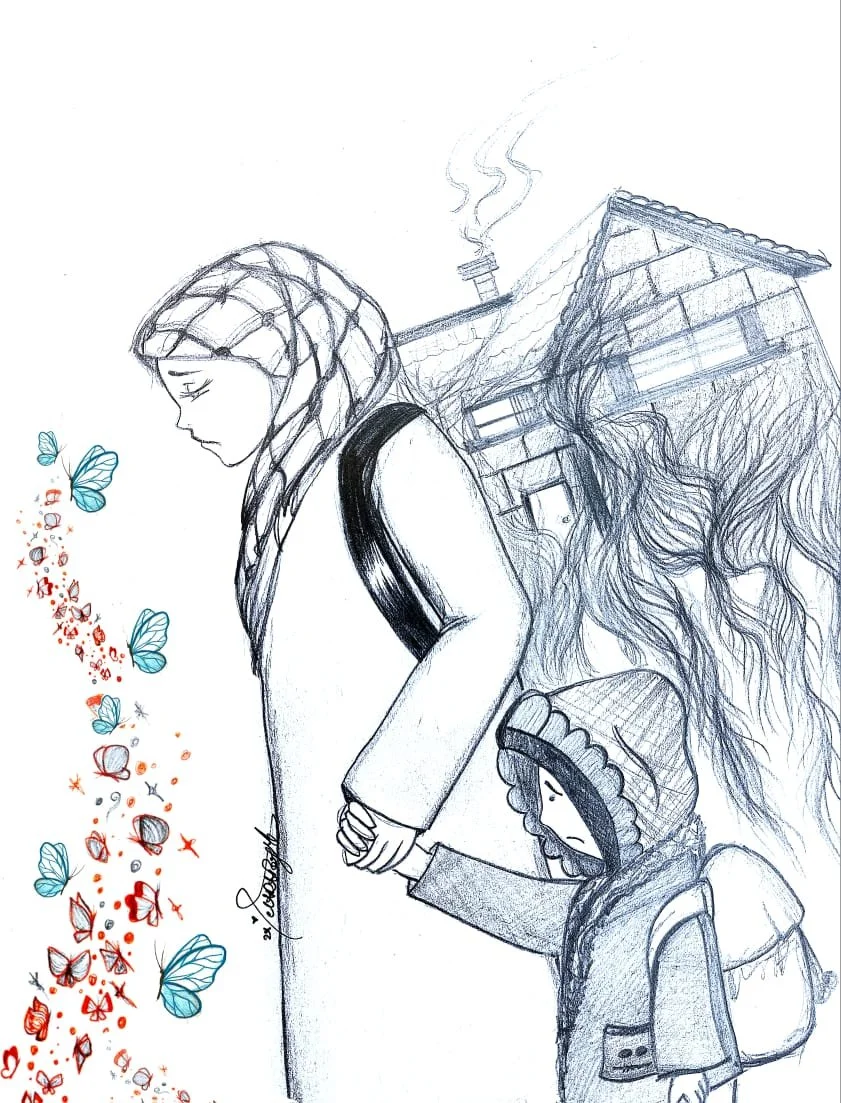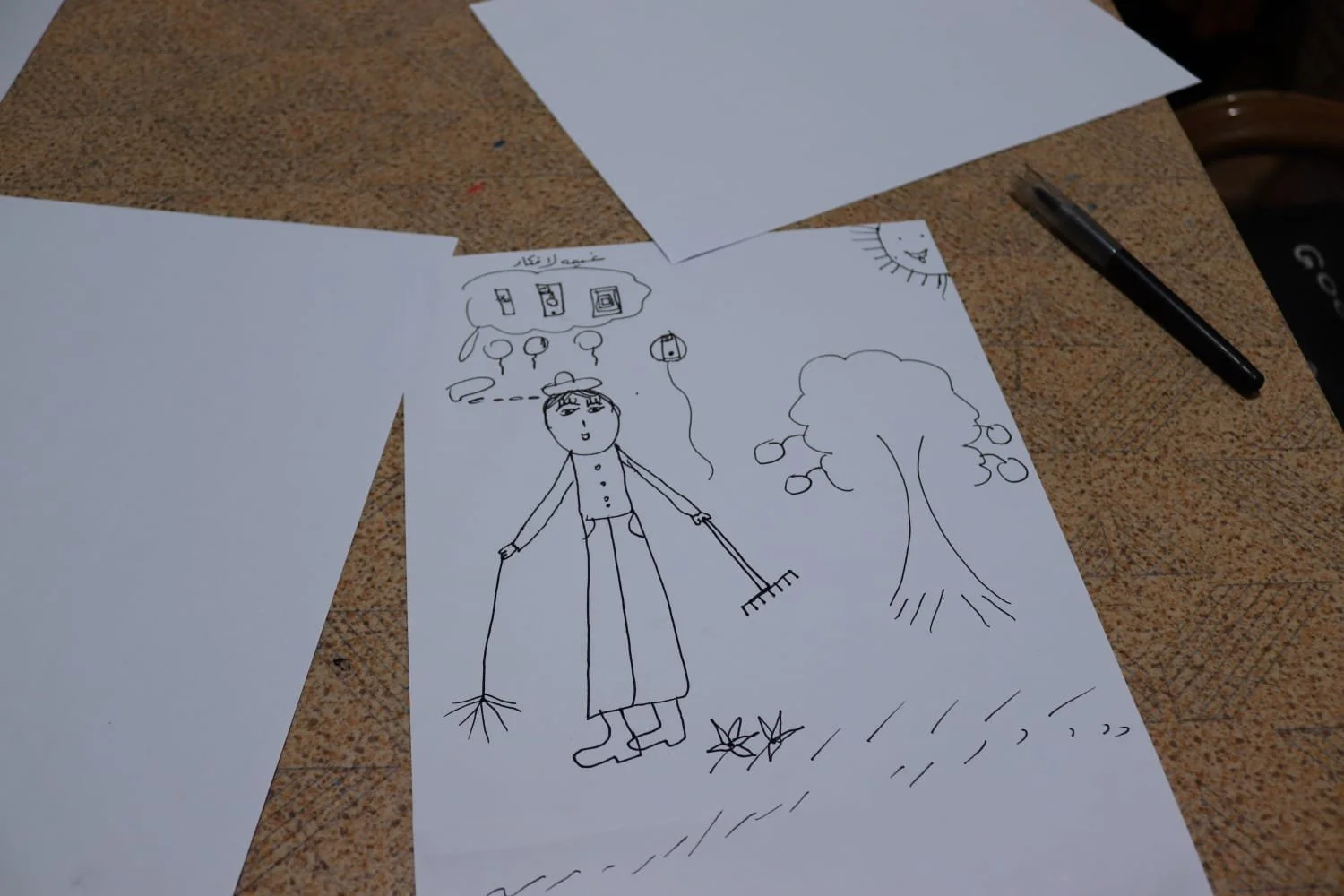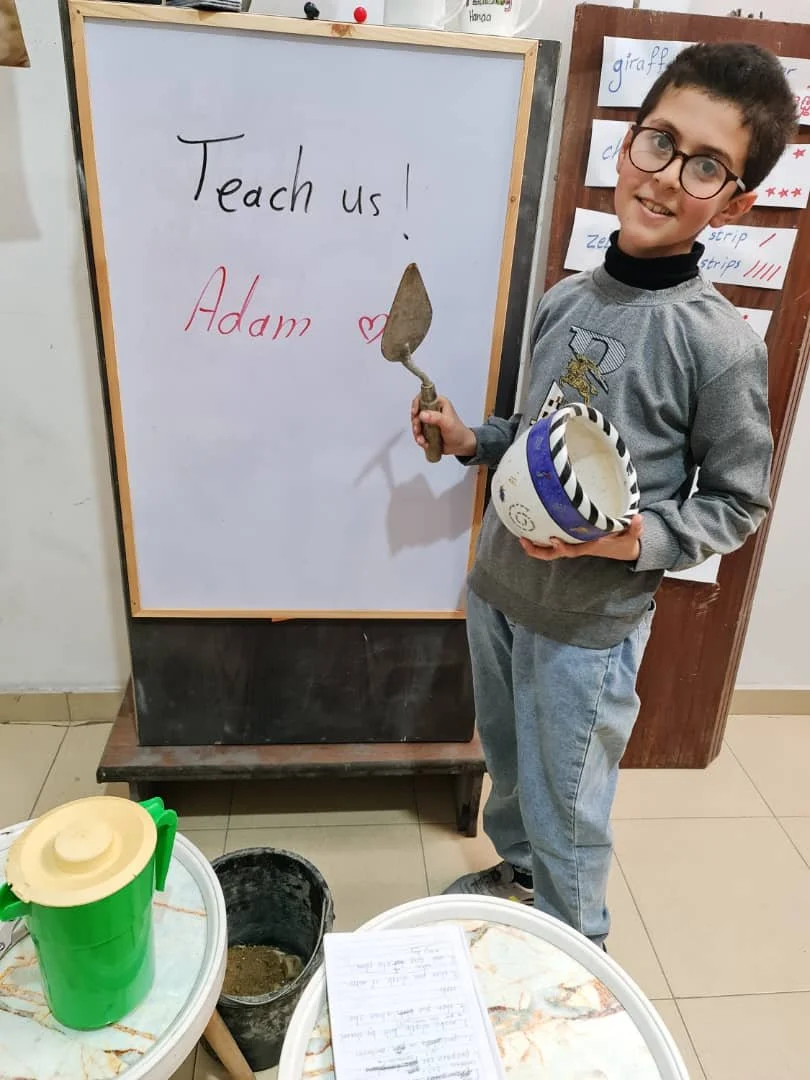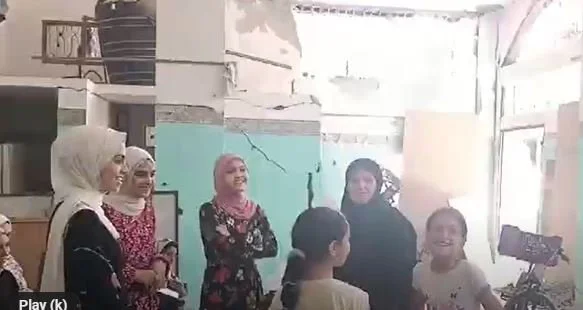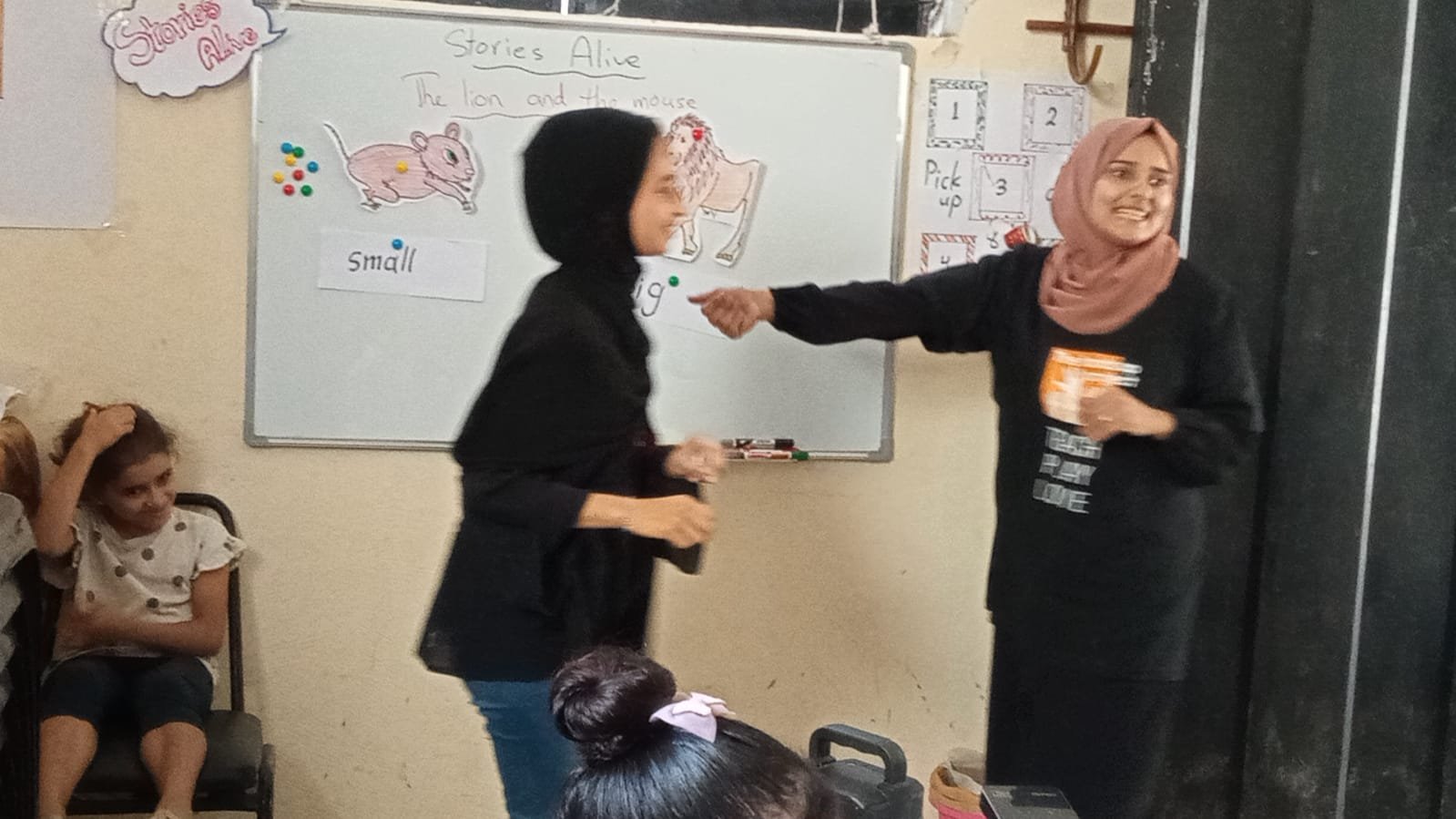When my eldest son, Andre was a toddler (I can’t believe he’s 29 years old now!!) like lots of dads, I used to read him bedtime stories. I remember once asking him if he wanted a story from a book and him replying with these words.
I guess he felt like he’d be more interested in the story if he could follow it through my facial expressions and gestures. He probably also felt like it was a way of feeling closer to his dad.
Those words have always stuck in my head - especially when I’ve been doing storytelling, and especially when thinking about how we interact in our online link up sessions in the Hands up Project.
Read More


